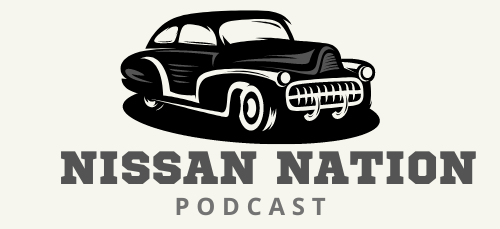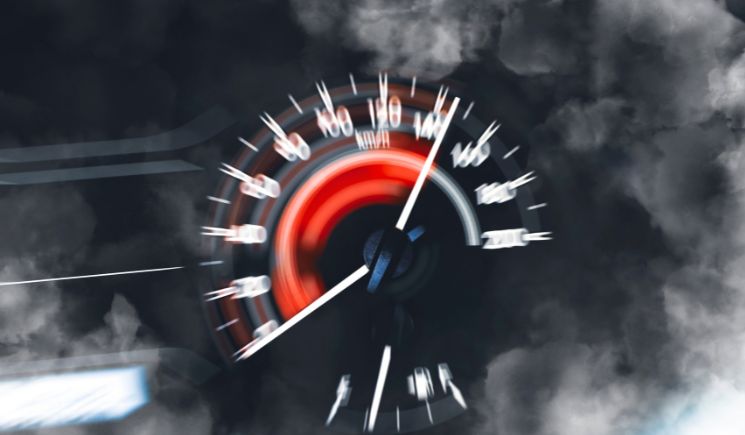If you’re noticing an abnormal noise coming from your Nissan Titan when you step on the gas pedal, it could be a sign that something needs attention.
There are several potential causes for acceleration noise that you’ll want to investigate and address.
Exhaust System Issues
One of the most common culprits behind acceleration noise in the Titan is a problem with the exhaust system.
As you apply more throttle, the exhaust gases are expelled with greater force, which can make any leaks or damage more audible.
Exhaust Leak
- Over time, the gaskets and seals that connect the various exhaust components can dry out and deteriorate by allowing exhaust to escape.
- This leaking exhaust will create a loud rumbling or rattling noise that gets louder during acceleration.
Broken Exhaust Hangers
- The exhaust system is held in place by a series of rubber hangers that secure it to the underside of the vehicle.
- If these hangers break or come loose, you’ll likely hear a clanking or rattling sound from the exhaust pipe knocking around, especially when accelerating.
Catalytic Converter Issues
- The catalytic converter is a part of the exhaust system and can develop internal rattling as the catalyst material inside breaks down over years of use.
- In severe cases, the converter can become completely blocked by causing loud rumbling when accelerating.
Intake System Problems
In addition to the exhaust side, acceleration noise could also come up from the intake system that supplies air to the engine.
Air Filter
- A clogged air filter can cause excessive airflow noise when trying to pull in more air during acceleration.
Intake Leaks
- Any cracks or loose connections in the intake tubing will cause a whistling or sucking sound when accelerating as the engine tries to pull in air through the leak.
Transmission Concerns
The transmission is responsible for transferring the engine’s power to the wheels, so issues here can also create acceleration noise.
Bad Transmission Mount
- The transmission is secured to the body of the vehicle with a rubber mount.
- If this mount breaks or degrades, it can allow excess movement and vibration from the transmission by resulting in a clanking or knocking sound when accelerating.
Failing Bearings
- Inside the transmission case, there are numerous bearing surfaces that allow gears and shafts to spin smoothly.
- When these bearings start wearing out, they’ll emit an increasingly loud whirring sound that gets worsen the harder you accelerate.
Low Fluid Level
- If the transmission fluid is severely low, you may hear a whining or grinding noise during acceleration as the parts in the transmission case have metal-to-metal contact without the fluid to keep them separated.
Other Possible Causes
Several other potential problem areas that could also be the source of acceleration noise on your Titan:
Bad Motor Mounts
- The engine and the transmission are attached to the frame with rubber motor mounts.
- If these degrade, you’ll get clunking and rattling noises as the drivetrain shifts around during acceleration.
Differential Whine
- Both the front and rear differentials on the Titan can develop a loud whirring or howling noise if their gear oil is low or the bearing surfaces are deteriorating.
Wheel Bearing Noise
- A worn wheel bearing will emit a rumbling sound during acceleration that can get louder and quieter as the vehicle’s weight shifts around turns.
Frequently Asked Questions About Nissan Titan Noise When Accelerating
Q: How is the exact cause of acceleration noise diagnosed?
A: Technicians use specialized tools like chassis ears, electronic stethoscopes, and get under the vehicle to inspect components. They also road test under various acceleration conditions.
Q: When should I be concerned about the acceleration noise from my Titan?
A: Any new, loud, or increasing noise should be investigated promptly. Delaying diagnosis could lead to further, more expensive damage down the road.

